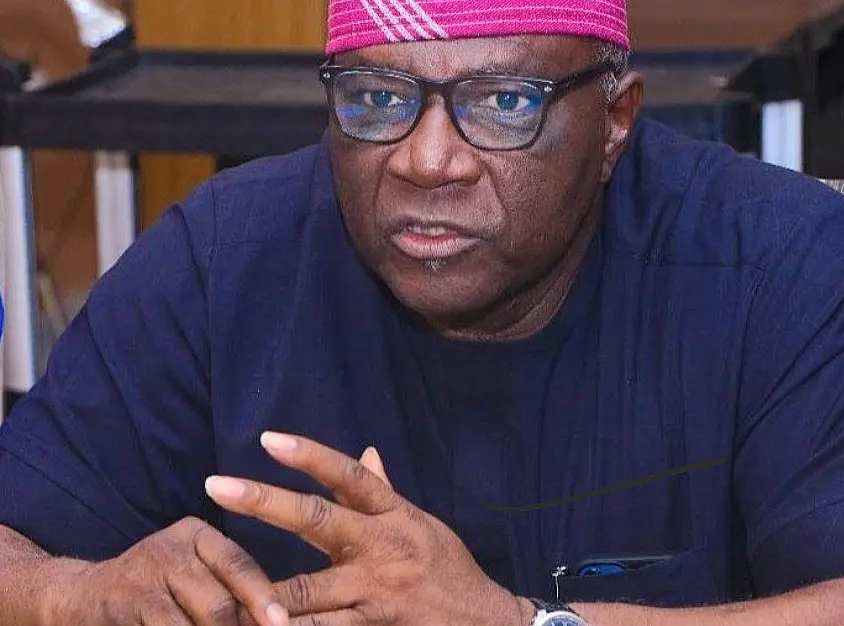A spokesperson for Nigeria’s presidency has sparked reactions after ridiculing former Kaduna State governor Nasir El-Rufai over claims of his expulsion from the Social Democratic Party (SDP), marking another twist in the politician’s evolving affiliations. Bayo Onanuga, a media adviser to President Bola Tinubu, took to social media platform X (formerly Twitter) on Monday to mock El-Rufai’s alleged ouster, quipping, “Internally Displaced Again!”—a biting reference to the former governor’s shifting political allegiances.
The jab followed a report by Nigerian outlet Media Talk Africa asserting that the SDP’s National Working Committee had expelled El-Rufai and imposed a 30-year ban, citing violations of the party’s constitution, ideology, and practices. While El-Rufai has not publicly addressed the expulsion, his political trajectory has drawn scrutiny. Initially a member of the ruling All Progressives Congress (APC), he defected to the SDP in 2023 amid strained relations with the APC leadership. However, recent reports indicate he has since aligned with the African Democratic Congress (ADC), partnering with prominent figures including former Vice President Atiku Abubakar, ex-Transport Minister Rotimi Amaechi, and 2023 Labour Party presidential candidate Peter Obi.
The SDP’s reported 30-year ban—an unusually lengthy penalty in Nigerian politics—highlights the party’s firm stance on internal discipline. Though El-Rufai’s exact infractions remain unclear, the move underscores tensions as politicians realign ahead of Nigeria’s 2027 elections. Onanuga’s sarcastic remark, meanwhile, reflects broader political rivalries, given El-Rufai’s historical ties to the APC and his vocal criticism of Tinubu’s administration last year.
Analysts note that El-Rufai’s repeated party switches—and the public reactions they attract—illustrate the fluid nature of Nigeria’s political landscape, where alliances often shift based on electoral calculations. His collaboration with opposition figures in the ADC suggests potential coalition-building efforts, though the party has yet to confirm his formal membership.
As of publication, neither the SDP nor El-Rufai’s representatives have issued detailed statements clarifying the expulsion. The incident underscores the dynamic—and at times contentious—mechanics of Nigerian politics, where loyalty, strategy, and public perception remain central to power plays.
